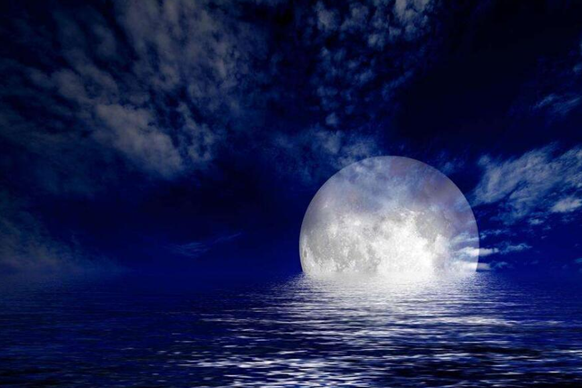As one of the most important traditional Chinese festivals, the Mid-Autumn Festival falls on the 15th day of the eighth lunar month, September 24 this year.
中秋节是中国最重要的传统节日之一,今年农历8月15日,对应公历9月24日。
It takes its name from the fact that it is always celebrated in the middle of the autumn season. The day is also known as the Moon Festival, as at that time of the year the moon is at its roundest and brightest.
中秋的名字来源于秋季中期时节,每年的这个时候月亮是最圆最亮的。

This day is also considered a harvest festival since fruit, vegetables and grain have been harvested by this time.
这一天也被认为是收获的节日,人们在这个时候收获了水果、蔬菜和谷物。
It is an evening celebration where families gather together to light lanterns, eat moon cakes and appreciate the round moon. The full moon is a symbol for family reunion, which is why that day is also known as the Festival of Reunion.
中秋节一般在晚上举行庆祝活动,家人聚在一起点亮灯笼、吃月饼、欣赏圆圆的月亮。满月是家庭团聚的象征,这就是为什么这一天也被称为团圆的节日。
The Mid-Autumn Festival celebrations date back more than 2,000 years. The word "Mid-Autumn" first appeared in the famous ancient book Zhou Li (The Zhou Rituals, a book telling the rituals in the Zhou Dynasty). However, it was not until the early Tang Dynasty (618-907) that the day was officially celebrated as a traditional festival. It became an established festival during the Song Dynasty (960-1279), and has become as popular as the Spring Festival since the Ming and Qing dynasties (1368-1911). Celebrations have continued ever since and more customs for marking this occasion have been formed.
中秋节的庆祝活动可以追溯到两千多年前。“中秋”一词最早出现在著名古籍《周礼》(《周礼》,讲述周朝礼仪的书)中。然而,直到初唐(公元618年-907年),这一天才被正式作为一个传统节日来庆祝。它在宋朝(公元960年-1279年)成为一个固定的节日,从明清(公元1368年-1911年)开始就和春节一样流行。从那以后,中秋节庆祝活动一直在继续,并形成了相关习俗。
In feudal times, Chinese emperors prayed to Heaven for a prosperous year. They chose the morning of the 15th day of the second lunar month to worship the sun and the night of the 15th day of the eighth lunar month to hold a ceremony in praise of the moon. In the Xicheng district of Beijing is the Yuetan Park, which originally was the Temple of Moon, and every year the emperor would go there to offer a sacrifice to the moon.
在封建时代,中国皇帝祈求天年兴旺。他们选择了在正月十五的早晨祭拜太阳,在八月十五的晚上祭拜月亮。在北京西城区有一个月坛公园,它原本是月亮庙,古时候皇帝每年都会去那里祭祀月亮。
The Chinese government listed the festival as intangible cultural heritage in 2006. It was made a public holiday in 2008.
2006年,中国政府将中秋节列为非物质文化遗产,在2008年被定为公共假日。











